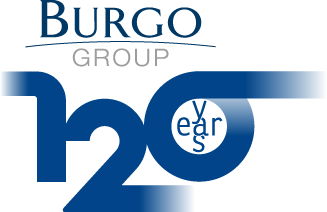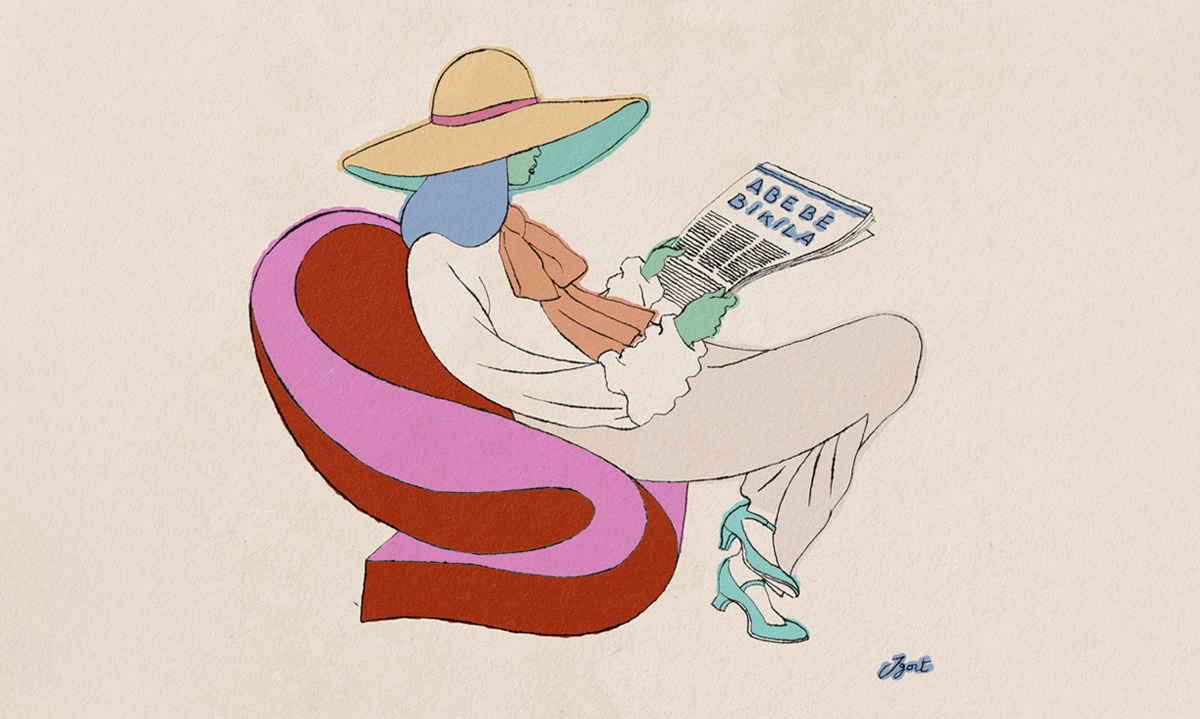Mosaico Specialty Papers: constantly evolving
Mosaico was born and developed to follow and satisfy the market need: special papers are new ranges designed especially for food packaging, from shopping bags to labels. Mosaico also offers papers created for specific needs, such as the Flame Board for the London Underground or the Grass Paper, produced with the fibres from grass of golf courses. The latter is also an example of the Group’s changing strategy to adopt a circular economy model, based on the use of cleaner and renewable energy sources, consumption and waste reduction, and focused on products' end-of-life and recycling, as the CEO Lorenzo Marzotto tells us in this interview.
What vision inspires Mosaico Specialty Papers?
When we had to give a name to this company, the name Mosaico was, in my opinion, a happy choice. Many small pieces together create a picture, a beauty. This message, this meaning, is what we still want to communicate today. We feel very strongly about this idea of being both bearers of a tradition of special and beautiful papers, and of having the mission to put together many fortes, to meet a market need: to satisfy it, certainly, but based on competitive capacity.
We feel that this competitive ability is the result of cohesion and commitment, both distinctive features of teamwork which, in the sector of Specialty Papers more than in others, is crucial. The sales department must know the production plant, and in turn, the production plant must understand the market demand. It's from the interaction of these two fundamental operations of the active production cycle that the way, the project, the product to be delivered can be understood, alongside the need of the market that is requesting such product.
One cannot fail to see that the market for Specialty Papers is in constant evolution. The need that exists today was not there ten years ago, while the needs of today may not exist ten years from now. This is why I believe that Mosaico - and Italy - are important players in the market because of our capability to be flexible, to be a group that is aware of this need, and that always tries to interpret the market demand.
The vision and the mission of Mosaico cannot be detached from the mission and vision of Burgo Group.
Only 15 years ago, Burgo Group produced almost 3 million tons of paper. From 2007 onwards, the market for so-called commodity papers or writing and printing paper has suffered, as you may know, due to the massive entry of digital technologies and the Internet, a continuous and progressive decline in the demand.
This is where Mosaico has gained an additional mission: to use the paper know-how, of course, and also the production capacity of Burgo Group to design and produce new and more papers. A mission to use Burgo's production capacity to create new paper ranges, and new paper types.
What are Specialty Papers, exactly?
We can start with packaging papers, especially for low-weight food packaging. We have papers for lining with aluminium or polyethene. We have fronts for adhesive labels, we have papers for shopping bags or labels, and wet-resistant labels, for the wrapping of butter or flour packaging.
A Specialty Paper that I would like to mention – because it is a truly niche paper – is the Flame Board, as we call it: a fire-resistant cardboard that is only sold in the English market, where the London Underground has required that the paper used in the underground is non-flammable. This requires very special chemistry so that the paper blackens, but it cannot spread the flames and therefore is flame resistant.
Such a product is very specific: besides Mosaico, we can perhaps find one competitor that produces it, because, as I said, some Specialty Papers are very customized products in very small and niche markets.
How big is the Specialty Papers market in Italy and Europe?
The very category of Specialty Papers does not abide by a specific definition. If among the Specialty Papers we include coated papers or similar, which are almost all produced in Scandinavia, the market for Specialty Papers can even exceed 20 million tons. However, if we talk about Specialty Papers as we understand it, where the outlet markets are relatively small, the numbers are also certainly much, much lower.
Why is Research and Development so important for Mosaico?
In Mosaico, of course, intense and passionate activity in R&D is vital. Often the need comes from a request from the market or customers. Sometimes, however, it is our answer to a problem we uncover on the market. Sometimes there are also paths that no one had taken before or that someone had considered and then abandoned.
To this belongs, for example, the development of the so-called Grass Paper, a paper that derives from our traditional papers but involves the replacement of a part of cellulose with a part of grass collected from the mowing of golf courses: the grass fibres are transformed into small pellets which are brought to the paper mill and become part of the grass paper product.
What steps is Mosaico taking toward Circular Economy?
Mosaico, like the whole Burgo Group, is heavily investing in the ecological transition. We have switched to gas, which is a cleaner option than coal. And we are trying to put solar panels wherever feasible.
On the energy side, we are trying to reduce consumption and eliminate waste: our goals are to use less water, reduce landfill to little or nothing and then create what we call circular energy.
In our Chiampo paper mill, we are now able to recover the blue back posters, which previously could not be recycled, thanks to a technological process innovation that allowed us to reuse even seemingly non-recyclable waste through a plant that can dose them in the recycling.
Big multinational companies are very careful that their suppliers, the paper mills, embrace this mentality of recycling and meeting the market demand, which for us is always the demand of the younger generations.


